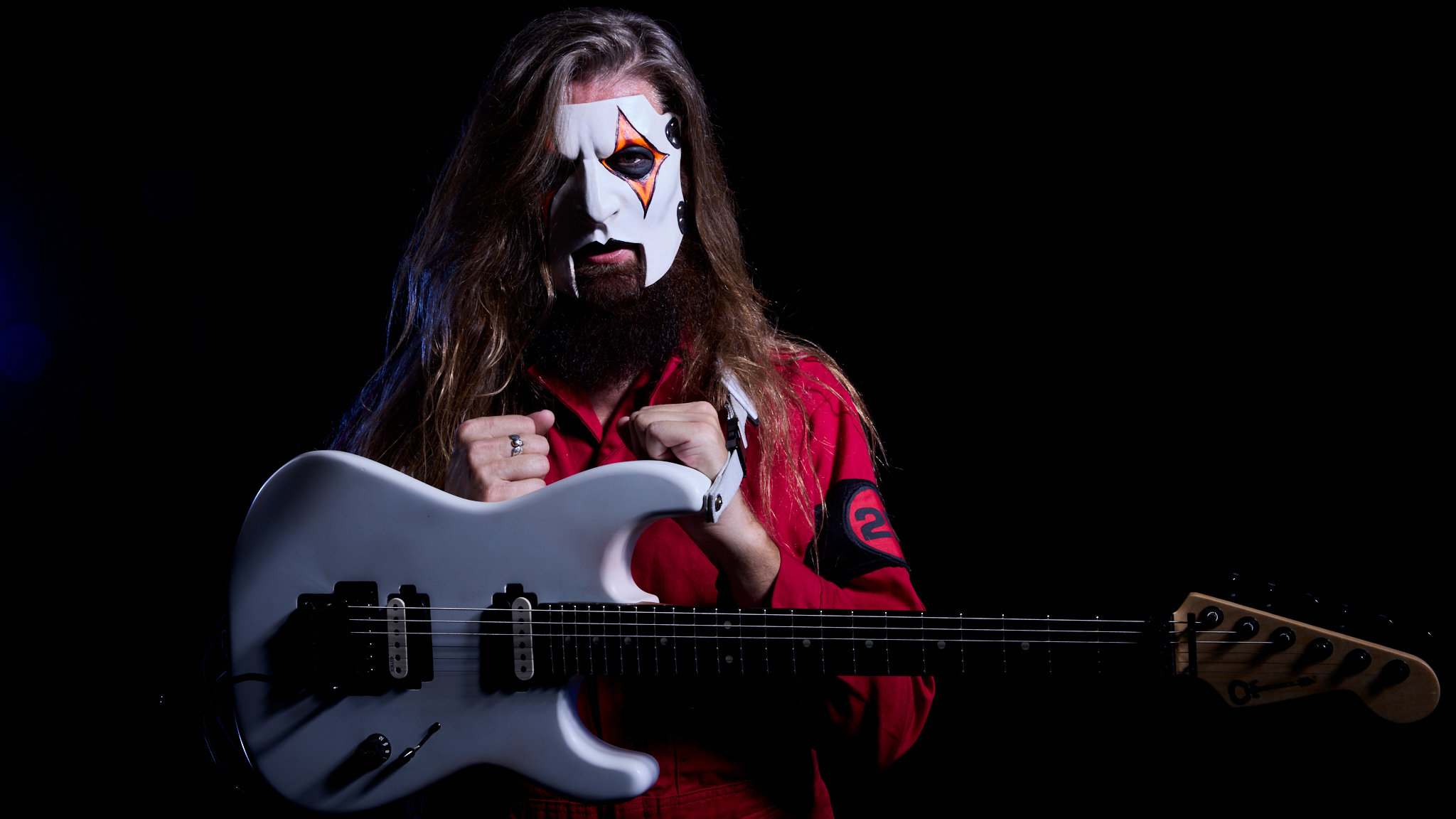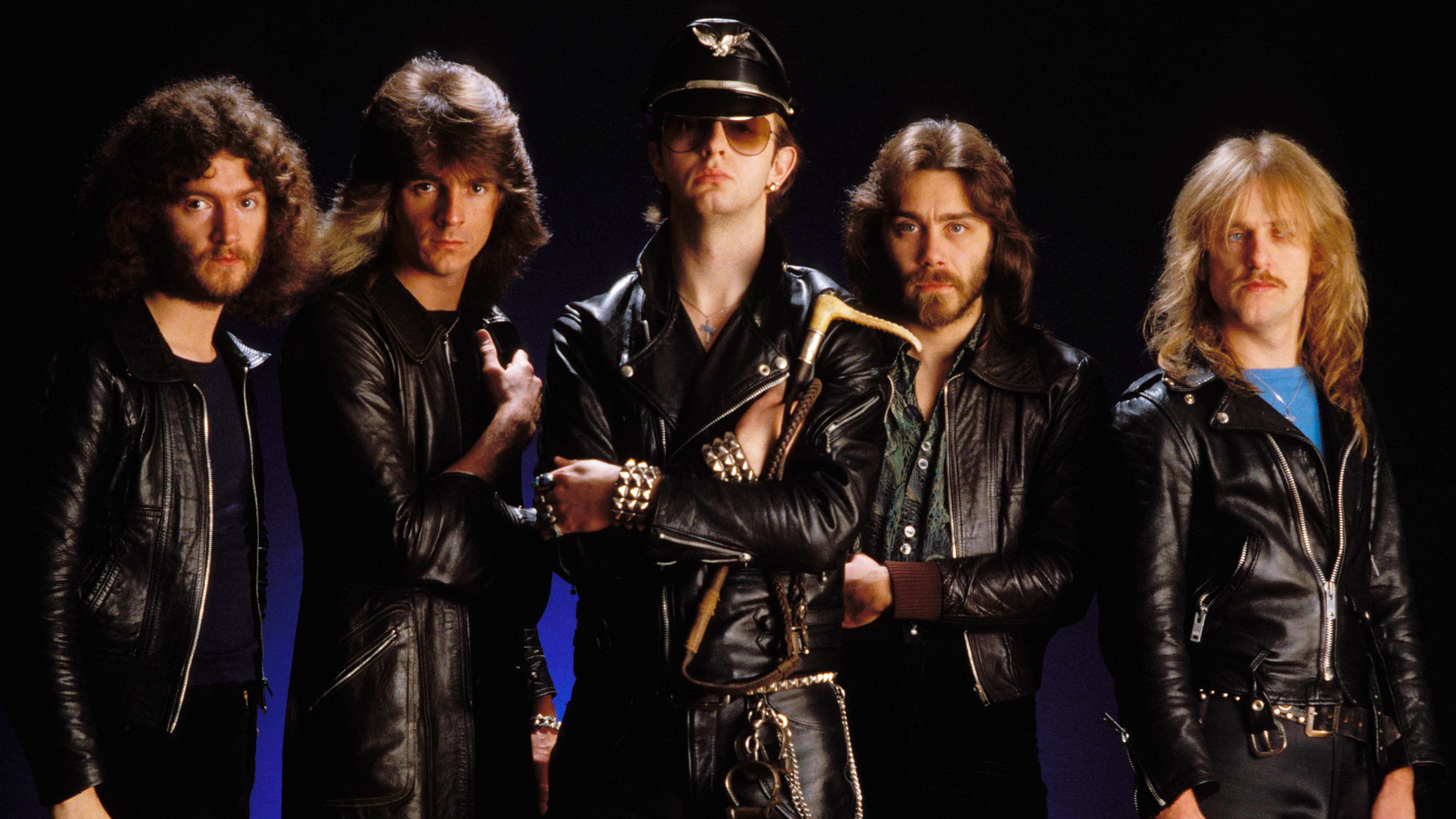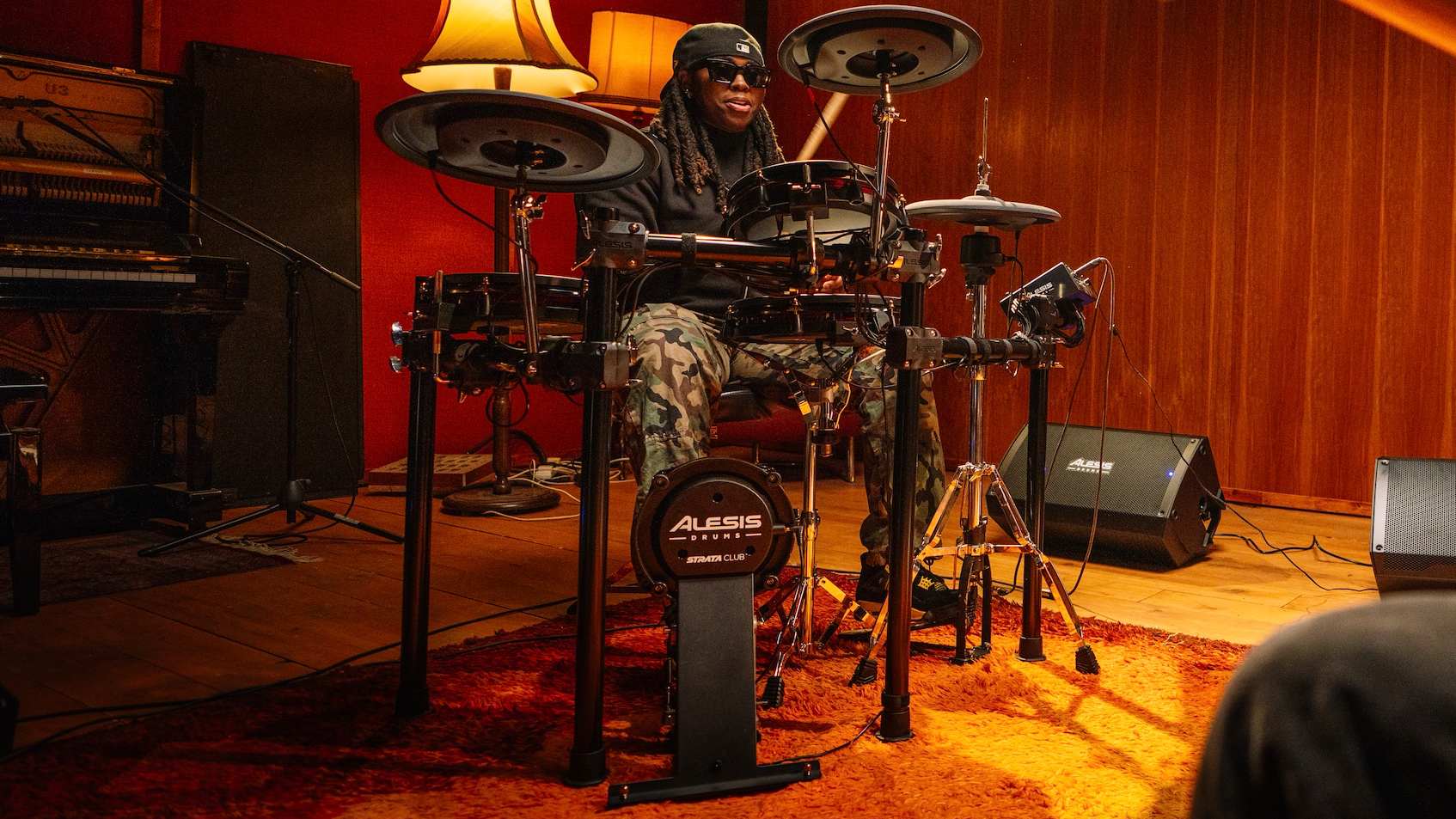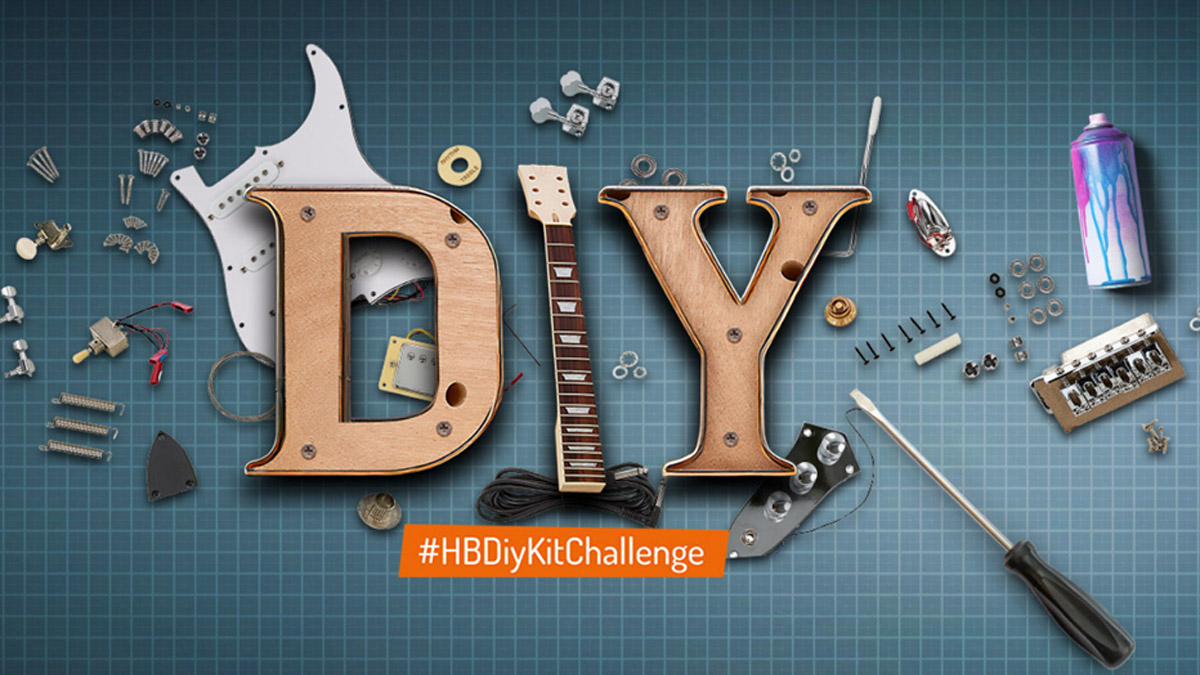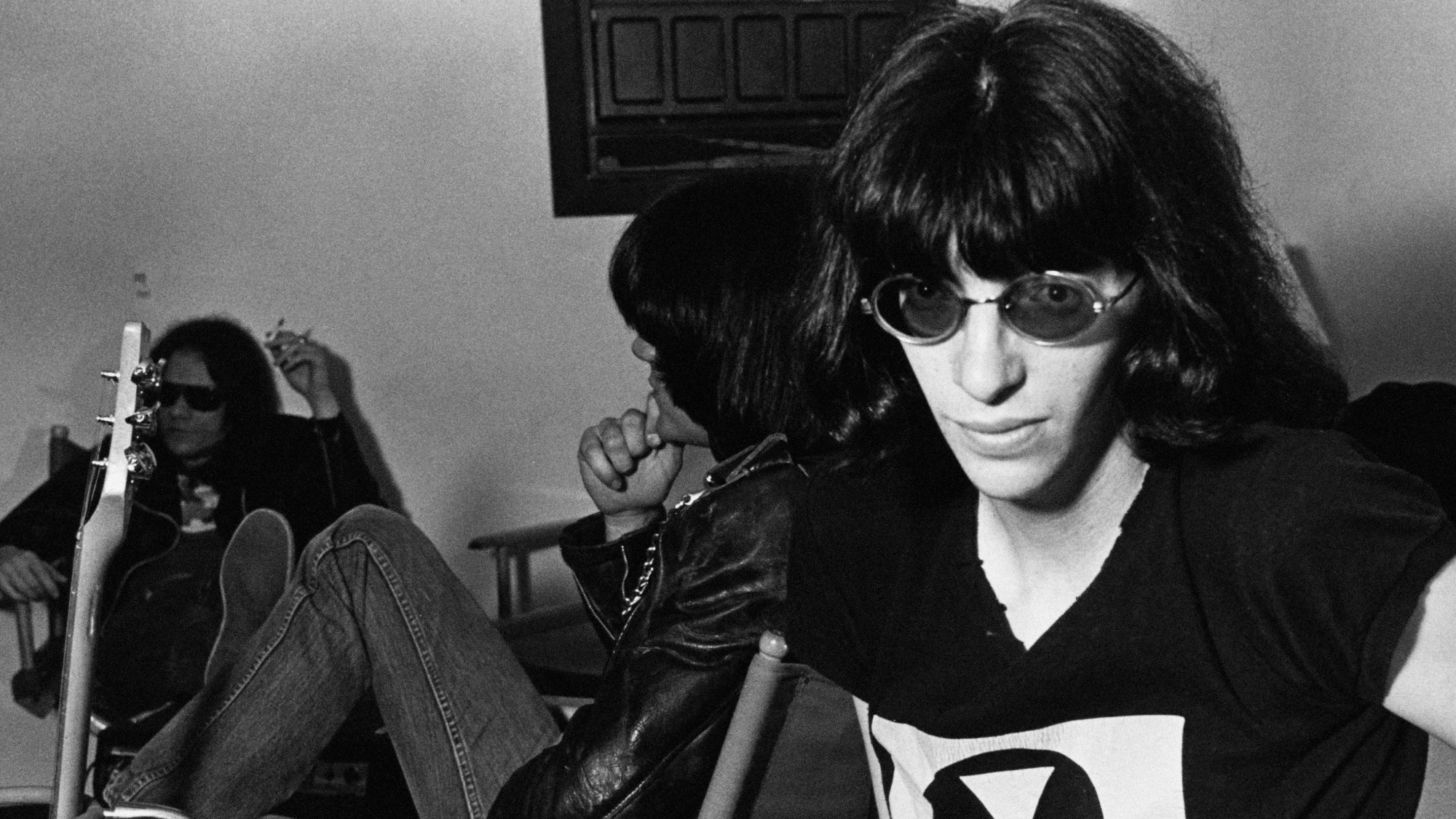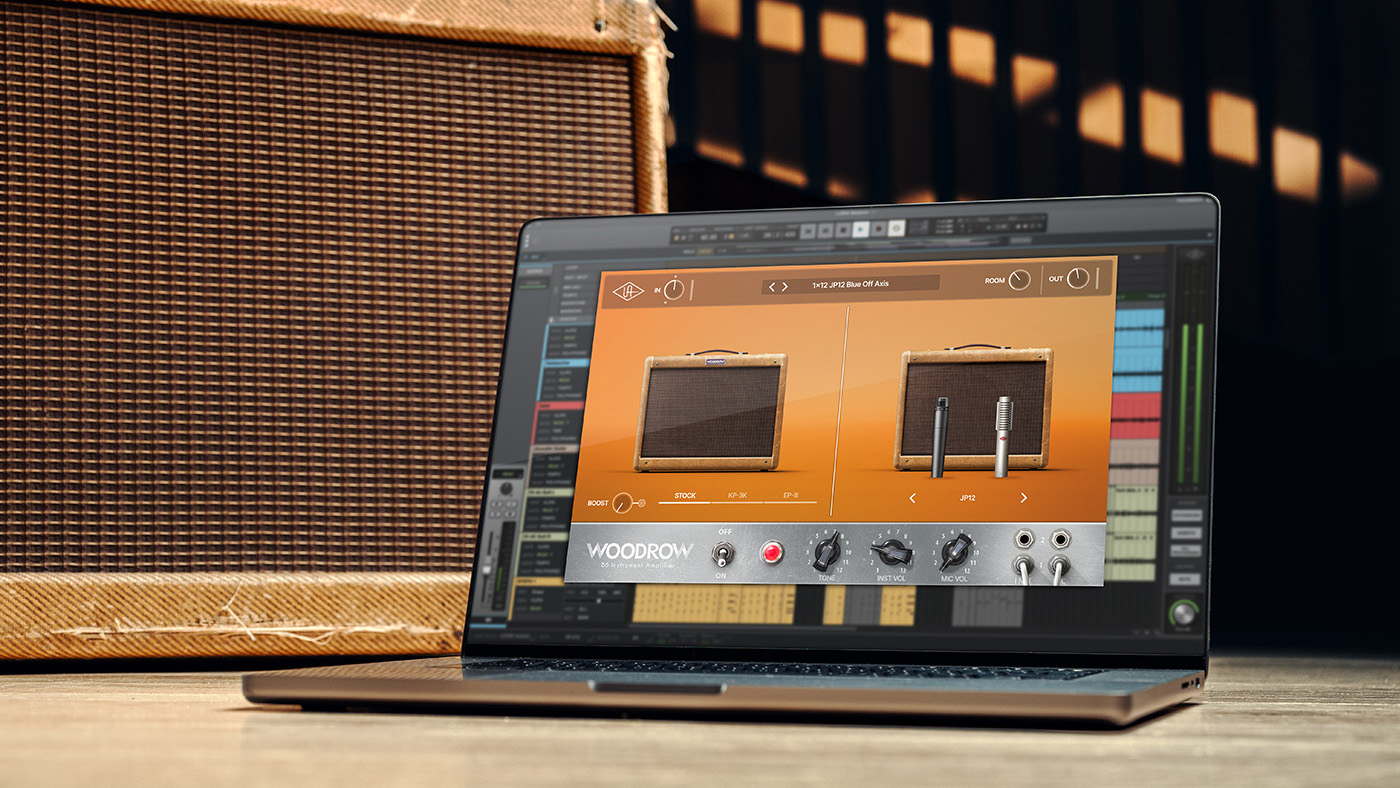Akai goes old-school with the ‘80s-style MPC One Retro music production box
The grey pads and case are back, but the modern features remain
If you’re a longtime user of Akai’s MPC production boxes, you may have been missing the ‘muddy grey’ look that helped to define iconic products such as the legendary MPC60.
Fear not, though, because Akai Professional has just launched the MPC One Retro - a new MPC that offers all the features of the MPC One, but looks like it’s arrived from the late ‘80s.
The distinctive 16 grey pads are here, as is the retro-coloured housing. However, under the hood this is a thoroughly modern standalone music-making powerhouse, with a quad-core processor and a seven-inch capacitive multitouch screen.
When you are happy to be tethered to a computer, the MPC One Retro can also operate as a controller for the MPC2 software, which offers DAW-like levels of functionality. There’s plenty of connectivity, too, along with 4GB of onboard storage.
“Akai Professional and the MPC have a long-storied history that resonates profoundly with users from all around the world,” says Dan Gill, Akai Professional’s Senior Product Manager. “Each recalls their first MPC encounter and the role it played in their most cherished musical experiences.
“The MPC One Retro is our tribute to this rich history while proudly asserting our continued commitment to creating the most powerful standalone music production devices in the world,” adds Gill. “MPC One Retro truly embodies the best of the legendary products throughout the years and the ultimate modern standalone music production workflow.”
The MPC One is available from today priced at £640. Find out more on the Akai Professional website.
Get the MusicRadar Newsletter
Want all the hottest music and gear news, reviews, deals, features and more, direct to your inbox? Sign up here.



I’m the Deputy Editor of MusicRadar, having worked on the site since its launch in 2007. I previously spent eight years working on our sister magazine, Computer Music. I’ve been playing the piano, gigging in bands and failing to finish tracks at home for more than 30 years, 24 of which I’ve also spent writing about music and the ever-changing technology used to make it.
With the same mesh-head playability and powerful new Strata module as its bigger brothers, Alesis Strata Club brings a new compact form to its best-selling range
"This is the amp that defined what electric guitar sounds like": Universal Audio releases its UAFX Woodrow '55 pedal as a plugin, putting an "American classic" in your DAW



